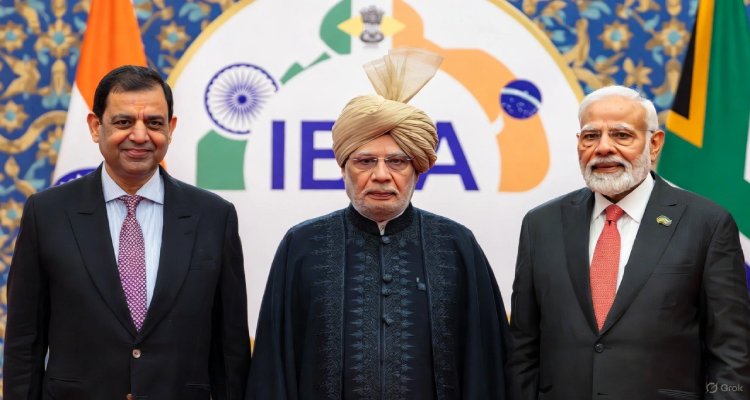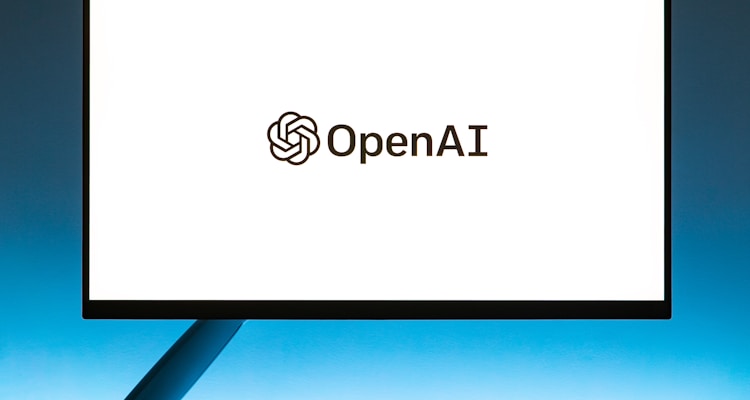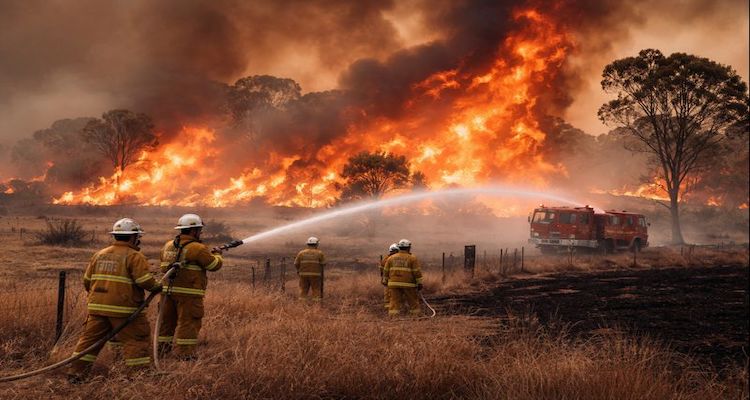What Is IBSA Grouping? Inside the India-Brazil-South Africa Partnership Shaping South-South Cooperation

A deep dive into the IBSA grouping—its origins, purpose, global relevance, recent leadership meetings, and how it’s reshaping South-South cooperation.
Introduction: Three Democracies, One Shared Vision
When the leaders of India, Brazil, and South Africa gathered in Johannesburg on November 23, the symbolism was hard to miss. Three major democracies, three rising economies, and three continents were represented at the IBSA Leaders’ Meeting—a forum that, despite operating quietly alongside larger blocs, has steadily emerged as one of the most significant engines of South-South cooperation.
At a moment when global governance is under pressure and developing nations seek a stronger collective voice, the India-Brazil-South Africa (IBSA) grouping is regaining relevance. Prime Minister Narendra Modi’s remarks at the meeting captured this shift: IBSA is not just a group of three nations—it is a bridge connecting continents, cultures, and common challenges.
Context & Background: How IBSA Took Shape
The IBSA Dialogue Forum was formally established on June 6, 2003, when the foreign ministers of India, Brazil, and South Africa met in Brasilia and issued the Brasilia Declaration. At its core, IBSA was built on a straightforward idea: countries in the Global South, facing similar developmental hurdles, could collaborate more effectively if they connected directly, without intermediaries.
Each member brought something unique to the table:
- India: A technological and economic powerhouse with strong democratic institutions
- Brazil: Latin America’s largest economy with vast natural resources
- South Africa: Africa’s most industrialized economy and a diplomatic leader on the continent
Together, they sought to demonstrate that cooperation among developing nations could be more ambitious than traditional aid, more participatory than large-bloc diplomacy, and more pragmatic than ideological alliances.
Over two decades later, that vision has not only endured but expanded.
Main Developments: A Renewed Push at the Johannesburg Meeting
The latest IBSA Leaders’ Meeting in Johannesburg unfolded on the sidelines of the G20 Leaders’ Summit, bringing together:
- Prime Minister Narendra Modi (India)
- President Cyril Ramaphosa (South Africa)
- President Luiz Inácio Lula da Silva (Brazil)
The trio reviewed ongoing projects, discussed global governance reforms, and emphasized IBSA’s role as a platform of democratic Global South voices.
A key highlight was Modi’s proposal for a new initiative—the IBSA Fund for Climate-Resilient Agriculture, aimed at helping vulnerable countries build sustainable farming systems. This comes at a time when climate-induced disruptions are hitting food security across Africa, Asia, and Latin America.
Another theme was the continued success of the IBSA Fund, already celebrated as one of the world’s most effective South-South cooperation initiatives. With 51 development projects across 40 countries, the fund has supported programs in:
- Women’s empowerment
- Education and literacy
- Public health
- Solar energy adoption
- Capacity building
In September, the foreign ministers of the three nations—S. Jaishankar (India), Mauro Vieira (Brazil), and Sindisiwe Chikunga (South Africa)—met at the UN General Assembly in New York. They agreed to further strengthen and expand the fund, signaling a new growth phase for IBSA.
What IBSA Really Is: More Than a Diplomatic Forum
IBSA is often described as a “trilateral grouping,” but its purpose goes beyond traditional diplomacy. Its cooperation functions on three interconnected fronts:
1. A platform for global political coordination
IBSA countries regularly consult on major global issues including:
- Reforming global political and economic institutions
- WTO negotiations and the Doha Development Agenda
- Climate action
- Global counter-terrorism frameworks
As major democracies, they advocate for a more inclusive, multipolar world order.
2. Trilateral cooperation through working groups
IBSA operates 14 working groups and 6 People-to-People forums that collaborate on:
- Agriculture
- Science and technology
- Trade
- Education
- Culture
- Social inclusion
These initiatives create scalable models that each country can adapt at home.
3. Development partnerships with other nations
Through the IBSA Fund, the grouping supports other developing countries—especially in Africa, the Caribbean, and Asia. This is not aid in the traditional sense but co-created development, with local governments and communities playing central roles.
Expert Insight: Why IBSA Matters Now
Analysts note that IBSA fills a unique gap in global diplomacy. While BRICS has larger geopolitical heft, IBSA retains what experts call a “democratic coherence.”
Dr. Mira Sethi, a global governance researcher, explains:
“IBSA’s strength lies in its shared democratic ethos. These are three diverse societies that understand development from the inside. Their cooperation models tend to be more human-centric and community-driven.”
Policy observers also point out that IBSA acts as a balancing force—promoting collaboration without being dominated by larger players.
Impact & Implications: What Comes Next for IBSA?
The renewed focus on the grouping suggests multiple implications:
1. Greater South-South Collaboration
As the Global South pushes for representation in global governance systems like the UN Security Council and multilateral banks, IBSA is positioned to become its diplomatic anchor.
2. Expansion of the IBSA Fund
New climate-resilient agriculture initiatives could unlock financing for:
- Drought-resistant farming
- Water-smart irrigation
- Sustainable crop diversification
- Early-warning climate systems
These projects could reshape agriculture in dozens of climate-vulnerable countries.
3. Stronger People-to-People Engagement
IBSA’s forums are expected to expand cultural, academic, and technological partnerships, strengthening societal ties across continents.
4. A Democratic Counterweight in Global Politics
With all three members champions of democratic governance, IBSA may increasingly push for more equitable global institutions.
Conclusion: A Quiet Coalition With Powerful Potential
What began in 2003 as an experiment in trilateral diplomacy has grown into one of the world’s most effective models of South-South cooperation. The IBSA grouping—anchored by India, Brazil, and South Africa—continues to offer a blueprint for collaborative development rooted in shared values, human-focused partnerships, and democratic strength.
As global leadership becomes more contested and countries seek new pathways to development, IBSA’s relevance is only rising. The Johannesburg meeting marks not just a renewal of commitments but a reaffirmation of the belief that developing nations can lead, innovate, and uplift one another through collective action.
Disclaimer:This article is for informational and educational purposes only. It is based solely on the provided headline and instructions and does not represent official policy or political endorsement.










